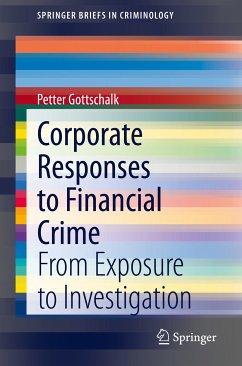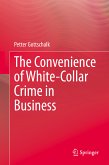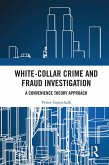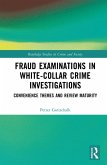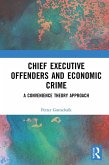This brief extends studies on how corporations respond to scandals by examining the evolution of the accounts that corporate agents develop after a scandal becomes public. Guided by the theory of accounts and a recently developed perspective on crisis management, its examines how the accounts developed by thirteen corporations caught up in highly publicized scandals changed from the time of initial exposure to the issuance of an investigative report.
This brief continues the discussion of the broader managerial and social implications of the analysis of accounts, and analyses their effect on our understanding of the ability of corporations to weather serious scandals. It includes four case studies; from Switzerland, Moldova, Denmark, and Norway respectively.
- Introduces the corporate crisis-response match perspective to assess corporate response strategies to scandal
- Incorporates four recent case studies
- Applies convenience theory to financial crimes by white-collar offenders.
Dieser Download kann aus rechtlichen Gründen nur mit Rechnungsadresse in A, B, BG, CY, CZ, D, DK, EW, E, FIN, F, GR, HR, H, IRL, I, LT, L, LR, M, NL, PL, P, R, S, SLO, SK ausgeliefert werden.

